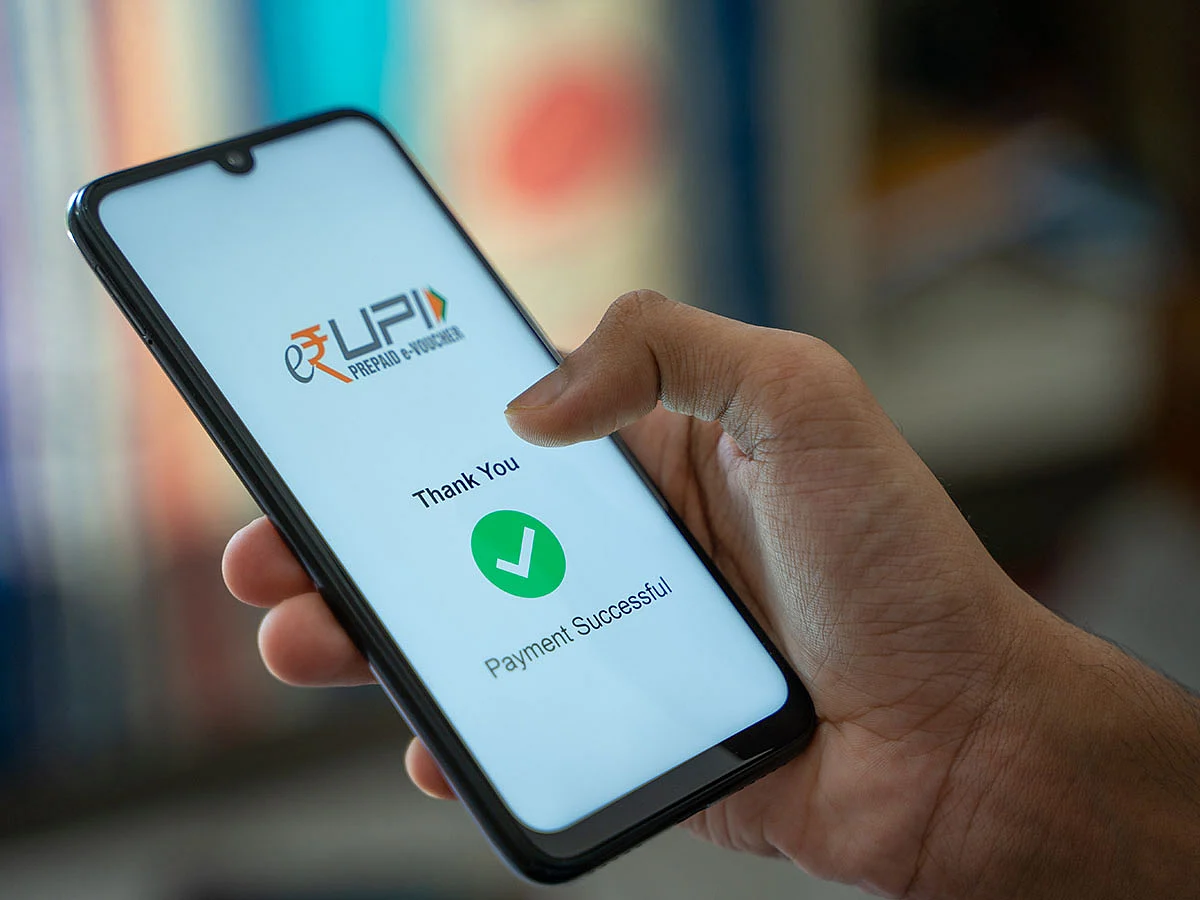Can't use GPay, PhonePe, Paytm in India? ‘No UPI, Cash only’ signs seen at shops
GST crackdown on Indian vendors using UPI leads to panic, protests – many face refusals

Dubai: If you're an Indian expat in the UAE using Google Pay, PhonePe, or any UPI app to pay bills or shop back home, you may have come across some alarming headlines recently.
Some recent reports suggested that UPI transactions over ₹2,000 could be taxed, with others warning that small vendors in India are starting to refuse digital payments, asking customers to pay “Cash only.”
To address a major concern among users — that UPI payments may soon be taxed or carry extra charges — the Indian central government has confirmed that no such plan is in place.
Why then the panic?
The confusion stems from a tax enforcement drive in Karnataka, where the state’s Commercial Tax Department used UPI transaction data to track around 14,000 unregistered businesses whose annual digital payments exceeded the GST thresholds — ₹40 lakh for goods and ₹20 lakh for services.
As a result, many small traders — including tea stalls and vegetable vendors — received GST arrears dating back to 2021–22, with some notices demanding over ₹40 lakh in unpaid tax. The sudden crackdown has sparked panic, prompting some vendors in Bengaluru to display signs reading “No Google Pay, No PhonePe – Cash Only.”
In protest, several traders have also staged shutdowns, raising concerns about the future of digital payments in local markets.
Political fallout
While the notices came from the state, confusion spread fast, with many wrongly believing the central government itself was taxing UPI.
Pankaj Chaudhary, India's Minister of State for Finance, clarified in the Rajya Sabha: “There is no recommendation from the GST Council to levy GST on UPI transactions above ₹2,000.”
Separately, India's Minister for Food, Public Distribution and Consumer Affairs, Pralhad Joshi, clarified that under GST, there are two parts – CGST (Central GST) and SGST (State GST) – and the Karnataka state department initiated the crackdown. He asked: “If this were from the Centre, why are traders in other states not affected?”
Chief Minister Siddaramaiah has since stepped in to calm tensions, promising to raise the issue at the next GST Council meeting. The state has also launched a “Know GST” awareness campaign to educate small businesses.
Why UAE NRIs should care
If you frequently use UPI apps like Google Pay, PhonePe, or Paytm to settle utility bills, send money to family, or make purchases while visiting India, the recent panic around GST on UPI transactions may have raised concerns.
While the Indian government has confirmed there are no plans to tax UPI transactions, a localised tax crackdown in Karnataka — where small traders received GST notices based on their UPI payment data — has led some vendors, especially in Bengaluru, to stop accepting digital payments and switch to cash-only sales.
So while UPI remains free, functional, and untaxed for users, UAE-based Indian expats could still face the inconvenience of cash-only shops when visiting southern parts of India — a direct result of the ongoing GST compliance pressure on small vendors.
Sign up for the Daily Briefing
Get the latest news and updates straight to your inbox
Network Links
GN StoreDownload our app
© Al Nisr Publishing LLC 2026. All rights reserved.
